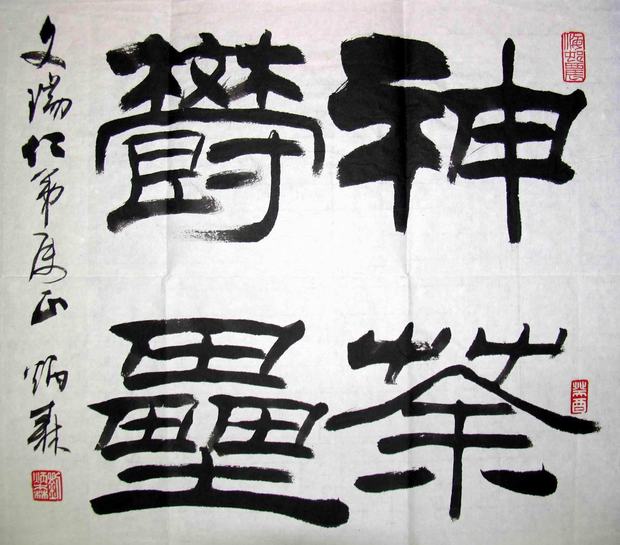Chinese Language
There are seven major Chinese dialects and many sub dialects. Mandarin (or Putonghua), the predominant dialect, is spoken by over 70% of the population. It is taught in all schools and is the medium of government. Non-Chinese languages spoken widely by ethnic minorities include Mongolian, Tibetan, Uygur and other Turkic languages (in Xinjiang), and Korean (in the northeast).

Chinese is the universal language in this country; it is also one of the five working languages of the United Nations. Putonghua is the standard spoken language for the Han people. The Chinese characters, which are the written form of the Chinese language, had their origin in oracle inscriptions more than 6,000 years ago. Most of the 55 ethnic minorities, however, speak their own languages, and some 30 of them have their own written languages.
Chinese is the only major writing system of the world that continued its pictograph-based development without interruption and that is still in general modern use. But not all Chinese characters are simply impressionistic sketches of concrete objects. Chinese characters incorporate meaning and sound as well as visual image into a coherent whole.
On January 1, 1979, the Chinese Government officially adopted the pinyin system for spelling Chinese names and places in Roman letters. A system of Romanization invented by the Chinese, pinyin has long been widely used in China on street and commercial signs as well as in elementary Chinese textbooks as an aid in learning Chinese characters. Variations of pinyin also are used as the written forms of several minority languages.
Pinyin has now replaced other conventional spellings in China's English-language publications.
The U.S. Government also has adopted the pinyin system for all names and places in China. For example, the capital of China is now spelled "Beijing" rather than "Peking."
You can learn Chinese in Guilin with our China tour package.


